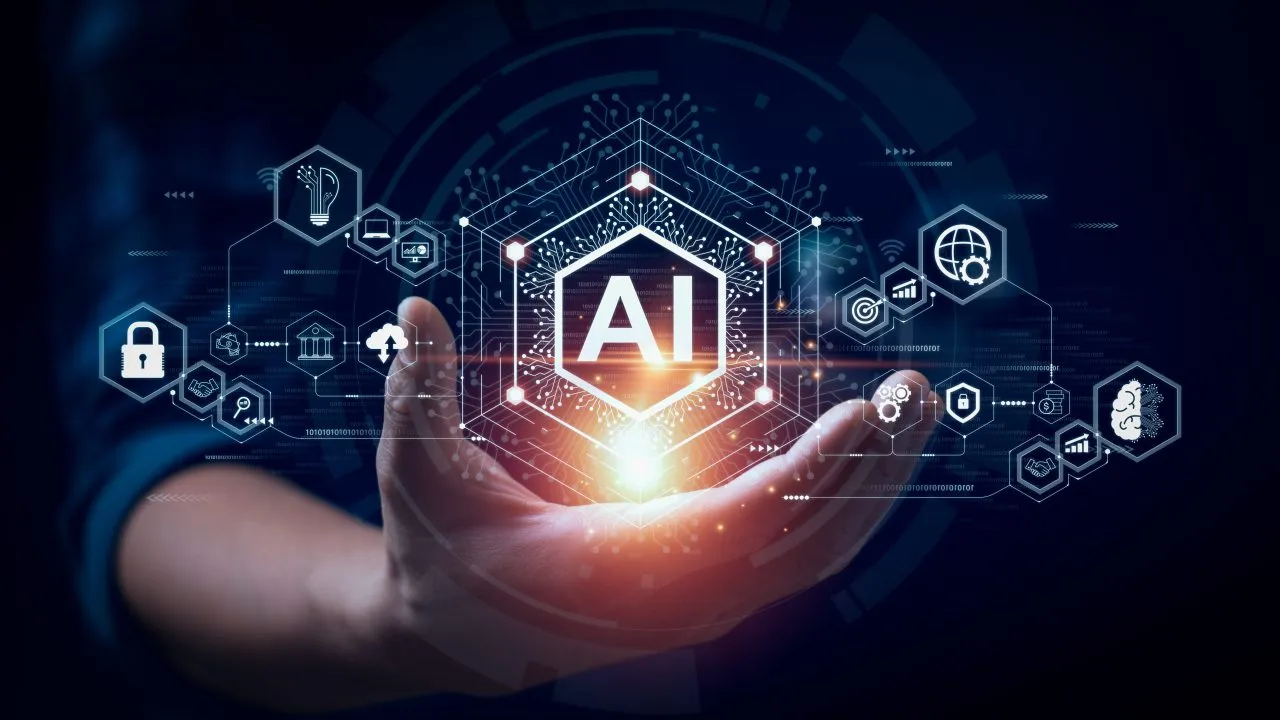Artificial Intelligence (AI) is rapidly transforming various aspects of society, revolutionizing industries, and reshaping the way we live and work. From personalized recommendations on streaming platforms to autonomous vehicles and healthcare diagnostics, AI has the potential to bring about significant benefits while also posing challenges that need to be addressed. In this write up, we will explore the advantages and obstacles associated with the widespread adoption of AI in society.
Benefits of Artificial Intelligence:
1. Increased Efficiency: AI systems can process vast amounts of data at incredible speeds, enabling businesses and organizations to automate tasks and make data-driven decisions more efficiently. This leads to increased productivity and cost savings.
Also read: Five Personal Finance Management Tips for Young Adults
2. Improved Healthcare: AI technologies are being used to enhance medical diagnosis, drug discovery, personalized treatment plans, and patient care. AI-powered tools can analysemedical images, predict patient outcomes, and assist healthcare professionals in delivering better healthcare services.
3. Enhanced Customer Experience: AI enables organizations to provide personalized and seamless customer experiences through chatbots, recommendation systems, and predictive analytics. This leads to improved customer satisfaction and loyalty.
4. Safety and Security: AI systems are used to enhance security measures, detect fraud, monitor for threats, and ensure public safety. AI-powered solutions can analyse patterns and anomalies to identify potential risks and respond proactively.
Challenges of Artificial Intelligence:
1. Ethical Concerns: The use of AI raises ethical questions related to bias in algorithms, data privacy, accountability, and transparency. Ensuring that AI systems are developed and deployed ethically is crucial to prevent harm and promote fairness.
2. Job Displacement: As AI automates tasks and processes, there is a concern about job displacement and the impact on the workforce. It is important to reskill and upskill workers to adapt to the changing job landscape driven by AI technologies.
Also read: The Rise of Remote Work and Its Implications on Global Economy
3. Security Risks: AI systems can be vulnerable to cyberattacks, manipulation, and misuse. Safeguarding AI systems against security threats and ensuring data protection are critical challenges that need to be addressed.
4. Lack of Regulation: The rapid advancement of AI has outpaced regulatory frameworks, leading to a lack of standardization and oversight. Establishing clear regulations and guidelines for the development and deployment of AI technologies is essential to mitigate risks and ensure responsible AI use.
Artificial Intelligence has the potential to bring about transformative benefits across various sectors of society, from healthcare and finance to transportation and education. However, it also presents challenges that require careful consideration and proactive measures to address. By addressing ethical concerns, promoting transparency, fostering innovation, and investing in education and training, society can harness the full potential of AI while mitigating risks and ensuring a future where AI serves the common good. As we continue to explore the possibilities of AI in society, it is essential to strike a balance between innovation and responsibility to create a more inclusive, sustainable, and equitable future for all.
Also read: 10 Reasons Why Nigeria Needs a Ministry of Micro, Small, and Medium Enterprises (MSMEs)
Writeup – Godfrey Ajayi Sunday
GMD – Gconsulting International Services Ltd

